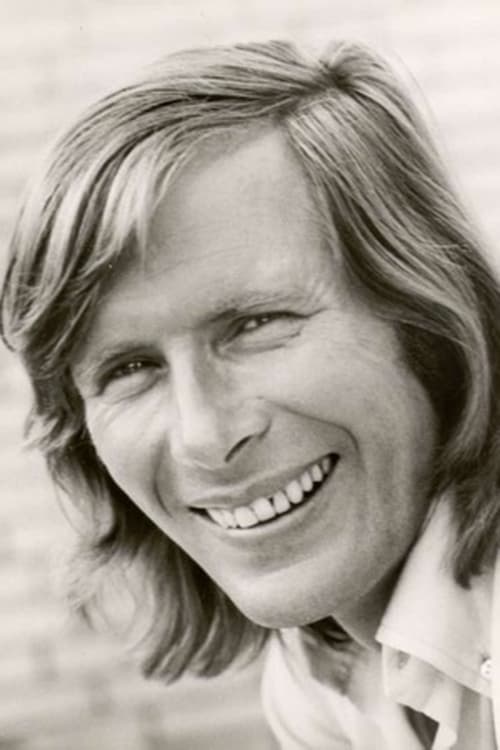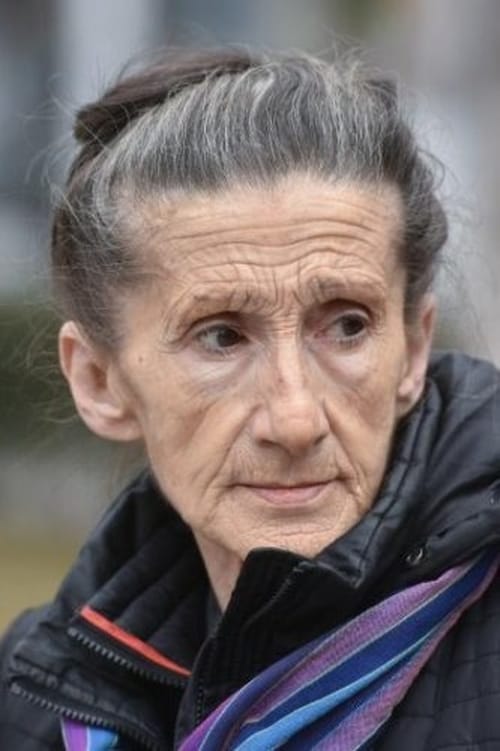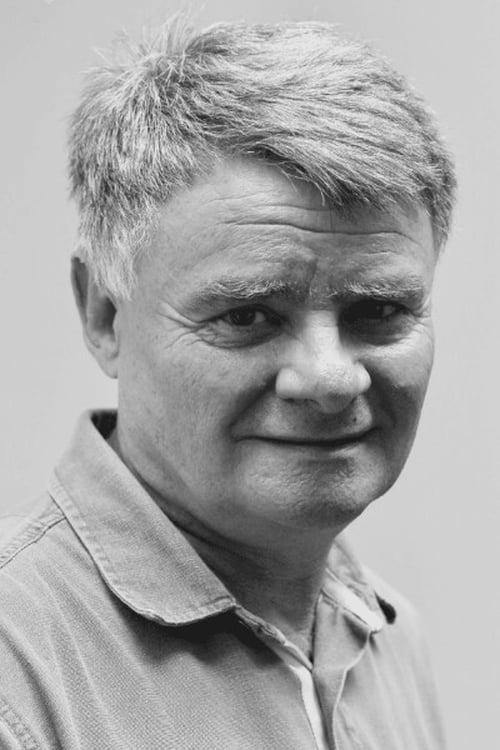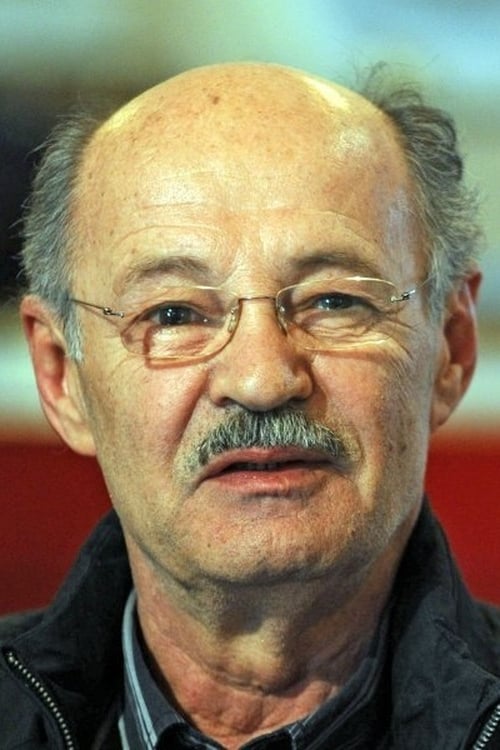Vukovar: The Way Home (1994)
Genre : War
Runtime : 1H 39M
Director : Branko Schmidt
Synopsis
The story follows a group of Croatian refugees who have been forced to leave their hometown of Vukovar by Serbian forces during Croatia's struggle for independence. The people are settled at a railway station in a village near Vukovar, where they live in a train which is adapted to serve as a temporary accommodation.The situation grows dim as the date of their return proves to be uncertain, and the lives of the survivors and refugees becomes more and more complicated being burdened by PTSP and strong feelings of hope to return to their homestead.
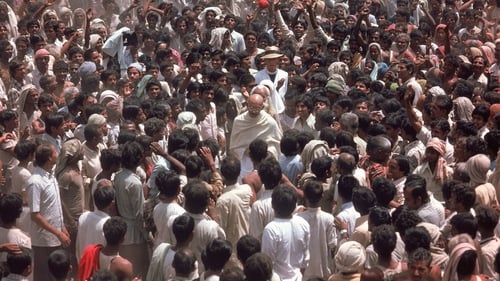
In the early years of the 20th century, Mohandas K. Gandhi, a British-trained lawyer, forsakes all worldly possessions to take up the cause of Indian independence. Faced with armed resistance from the British government, Gandhi adopts a policy of 'passive resistance', endeavouring to win freedom for his people without resorting to bloodshed.
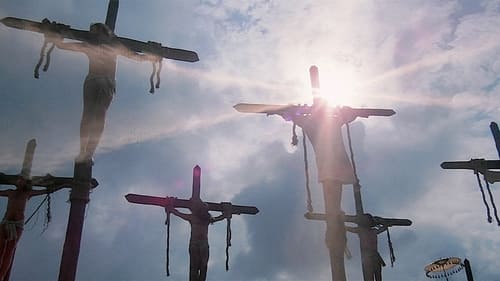
Brian Cohen is an average young Jewish man, but through a series of ridiculous events, he gains a reputation as the Messiah. When he's not dodging his followers or being scolded by his shrill mother, the hapless Brian has to contend with the pompous Pontius Pilate and acronym-obsessed members of a separatist movement. Rife with Monty Python's signature absurdity, the tale finds Brian's life paralleling Biblical lore, albeit with many more laughs.
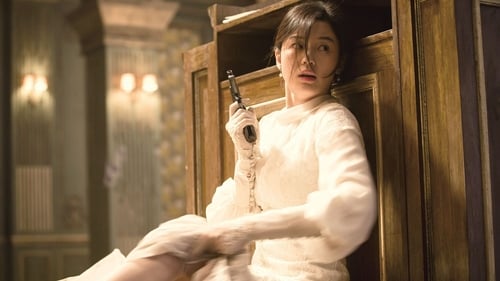
In Japanese-occupied Korea, three freedom fighters are assigned a mission to assassinate a genocidal military leader and his top collaborator. But the plan goes completely awry amidst double-crossings, counter-assassinations, and a shocking revelation about one of the assassins' past.
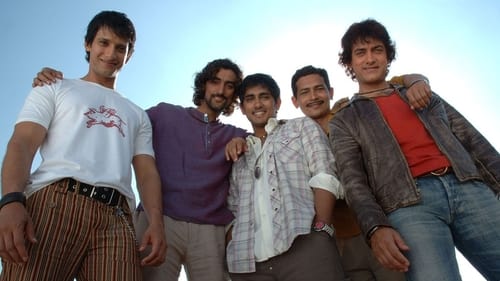
After a group of friends graduate from Delhi University, they listlessly haunt their old campus, until a British filmmaker casts them in a film she's making about freedom fighters under British rule. Although the group is largely apolitical, the tragic death of a friend owing to local government corruption awakens their patriotism. Inspired by the freedom fighters they represent in the film, the friends collectively decide to avenge the killing.
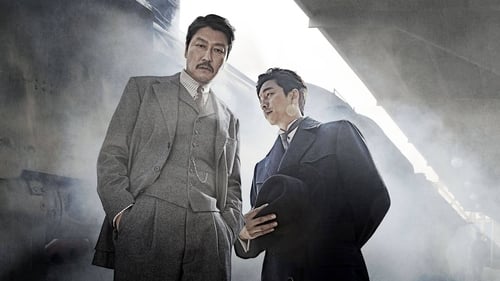
Set in the late 1920s, The Age of Shadows follows the cat-and-mouse game that unfolds between a group of resistance fighters trying to bring in explosives from Shanghai to destroy key Japanese facilities in Seoul, and Japanese agents trying to stop them.
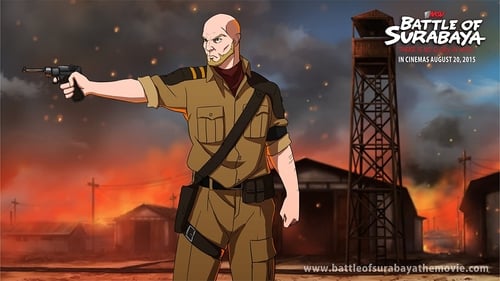
Musa, who is only a thirteen-year-old shoe shiner, undergoes destiny through his adventure of waging war during the war time. Will he manage to bring peace among the troops who keep on fighting for nothing?
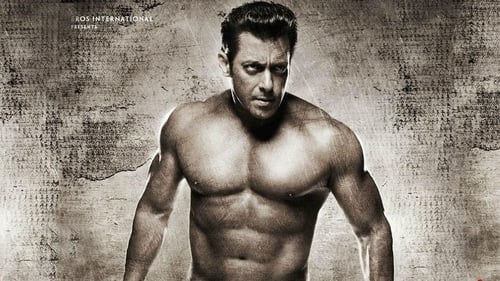
An upright ex-army man, Jai fights a solitary war against corruption and injustice. With a simple mantra to pay forward, he starts off by helping one person and forms an ever growing circle of people helping each other.
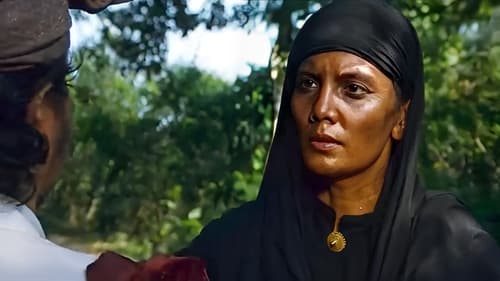
Set in 1896, "Tjoet Nja' Dhien" celebrates one of Indonesia's great heroes who fought for independence from the Dutch. The pious Muslim people of Aceh, a city that had flourished since ancient times as a trade port, enter into a fierce war with the Dutch. Tjoet Nja' Dhien, the widow of a rebel leader operating in Aceh in Sumatra, assumes the leadership when her husband Teuku Uma is killed in an ambush. Dhien's charismatic presence and power of survival motivate the locals to join and later continue their opposition to the Dutch. Despite personal obstacles, she remained in the thick of the struggle for ten years.
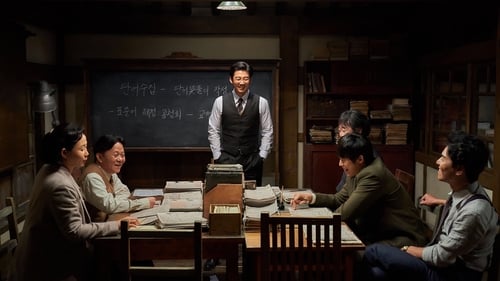
During the Japanese occupation of Korea, the Japanese Empire seeks to eradicate the Korean language and identity. In retaliation, a small group of Korean patriots try to protect their language by compiling the first Korean language dictionary.
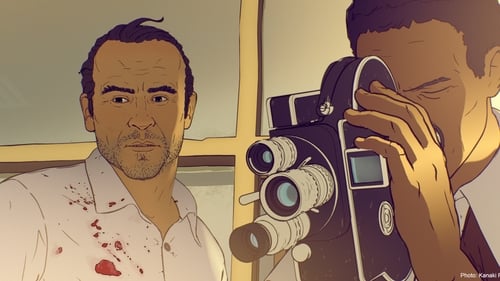
In 1975, Ryszard Kapuściński, a veteran Polish journalist, embarked on a seemingly suicidal road trip into the heart of the Angola's civil war. There, he witnessed once again the dirty reality of war and discovered a sense of helplessness previously unknown to him. Angola changed him forever: it was a reporter who left Poland, but it was a writer who returned…
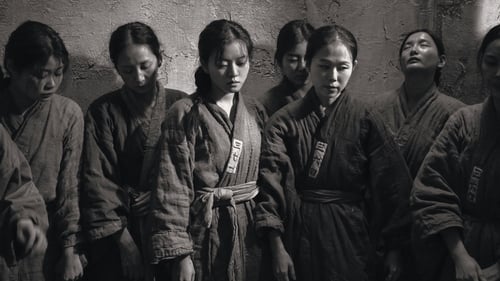
17-year-old Yu Gwan-Sun participates in the Korean independence movement. The country is under the rule of Japan, which annexed the country in 1910.
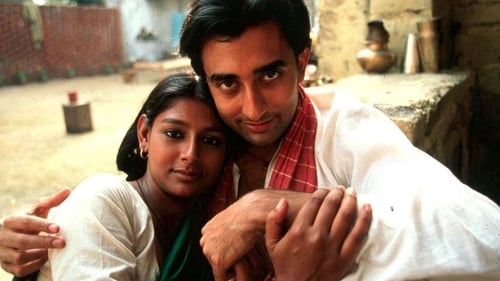
It's 1947 and the borderlines between India and Pakistan are being drawn. A young girl bears witnesses to tragedy as her ayah is caught between the love of two men and the rising tide of political and religious violence.
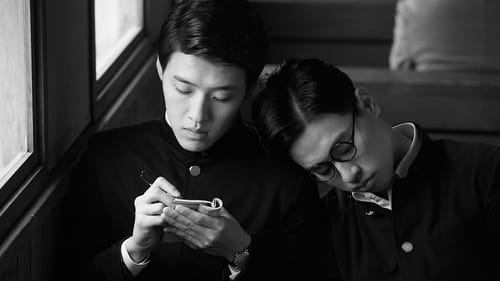
Based on a true story, renowned Korean poet, Yun Dong-ju, is detained and abused by the Japanese for participating in the Korean Independence Movement.
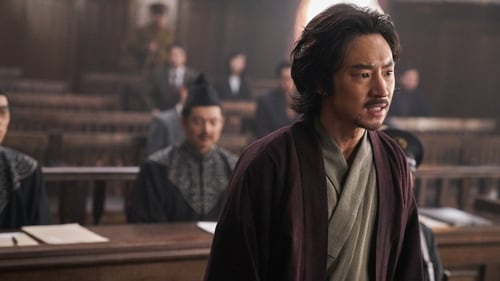
Based on the life of the Korean anarchist Park Yeol, the film shows his struggle to counter the massacre of Koreans by the government during the 1923 great Kanto earthquake, focusing on his activities as the leader of the anti-Japanese organization Bulryeongsa and his relationship with Japanese comrade Fumiko Kaneko.
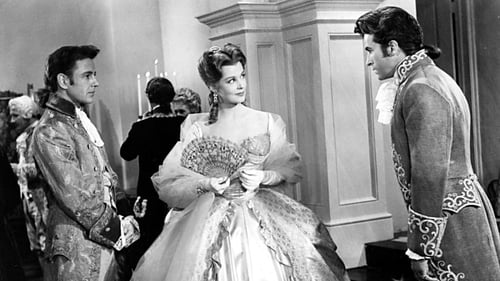
Lamas plays an indentured servant who rises to power in Georgia shortly after the Revolutionary War.

After the breaking of mass movements in 1971., the student Ilija Baric must leave the country because of his political beliefs, and his father Luka lost a job and goes to work to Germany. After Titos death in 1980. there is a new political motion, but repression is still strong. That feels even decennial John, the brother of Ilija, who is in love with Marina, the daughter of the Head of the police and Communist Andrew.
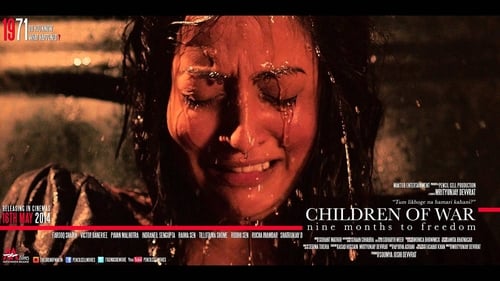
Children of War is a movie based on the true events of the 1971 Genocide. Can we, in search of power, become animals? A genocide; neglected! The first use of rape as a weapon of war; undocumented! The lives of millions; unaccounted! The culprits; unpunished!

Set in Burma in the year 1945, Netaji Subhash Chandra Bose plans to launch the INA to fight the British. This is also the time when Adi comes back to Burma to take care of his family business. Upon his arrival, he gets engaged to a British Tasildar’s daughter. Just as he is set to get married, the atrocities of the British keep growing and Adi is forced to fight the British.

A film about short-lived Slovenian war of independence.


